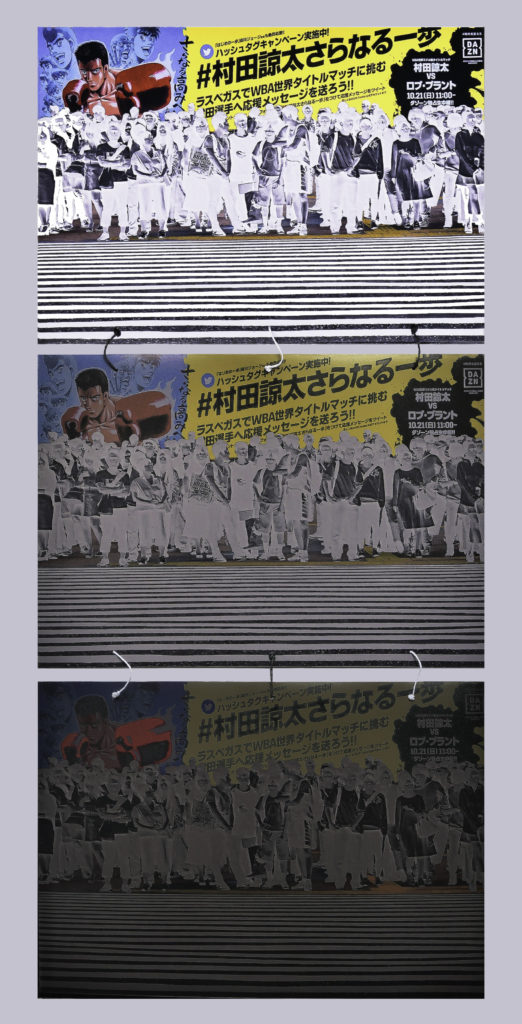Are we in control of our urban space when confronting the consequences of capitalism on social interactions? Can we turn spatial inequalities into a common future and decrease vulnerabilities? Thinking that the built environment has no impact on our sociability is more than questionable. The spatial design of neo-liberal economies leads to narratives influencing negotiation processes between community groups. Individual cultural capital can hardly counterbalance neoliberal excesses of which influence on social cohesion cannot be ignored. Questioning the constraints created by a spatial segregation is a way to understand that a city is a place where conceiving and living may confront each other when the sense of place is not at the core of urbanism. A city is an exceptional nexus between the institutional and the informal, challenging our public space appropriation and threatening our openness to the Other.

Shooting place: Tokyo, Japan